Tianjin Tianshi College
A New Paradigm of Digitally Empowered Applied Education, Building a High-Quality Development Ecosystem
2025-05-28 09:30:00
Amid the strategic integration of the Beijing-Tianjin-Hebei region and the wave of modernization in higher education reform, Tianjin Tianshi College has anchored its goal of becoming a "high-level applied undergraduate institution," driven by the principles of "digital empowerment, industry-education integration, and innovation." It has established a new paradigm for higher education development with contemporary characteristics, Chinese features, and private-sector distinctiveness. Approved by the Ministry of Education as a full-time applied undergraduate university, its origins trace back to Tianshi Vocational and Technical College, founded in 1999. It was upgraded to one of Tianjin’s first private undergraduate institutions in 2008, granted bachelor’s degree conferral authority in 2012, and passed the Ministry of Education’s undergraduate teaching evaluation in 2015, marking national recognition of its talent cultivation system and educational quality. The college has become a benchmark for the modernization of private higher education. Located in the core area of the Beijing-Tianjin corridor—— Wuqing District, Tianjin, along the Longfeng River, it is hailed as a "cultural landmark of the Beijing-Tianjin-Hebei Education Park" and a model of a "park-style campus."
I. Optimizing Disciplinary Structure to Serve Local Needs
Tianjin Tianshi College closely aligns with regional economic and social development demands, actively promoting interdisciplinary integration and coordinated growth across engineering, medicine, economics, management, science, liberal arts, and the arts. The college currently offers 32 undergraduate programs and 6 vocational programs, spanning four major clusters: health and wellness, intelligent technology, digital business, and cultural media. It has developed a talent cultivation model characterized by “general-specialty integration, industry-education collaboration, authentic learning, diverse classrooms, personalized training, and holistic development.” The college boasts three provincial-level first-class programs, twelve provincial-level first-class courses, and five provincially supported key disciplines, providing strong talent support for regional economic and social development.
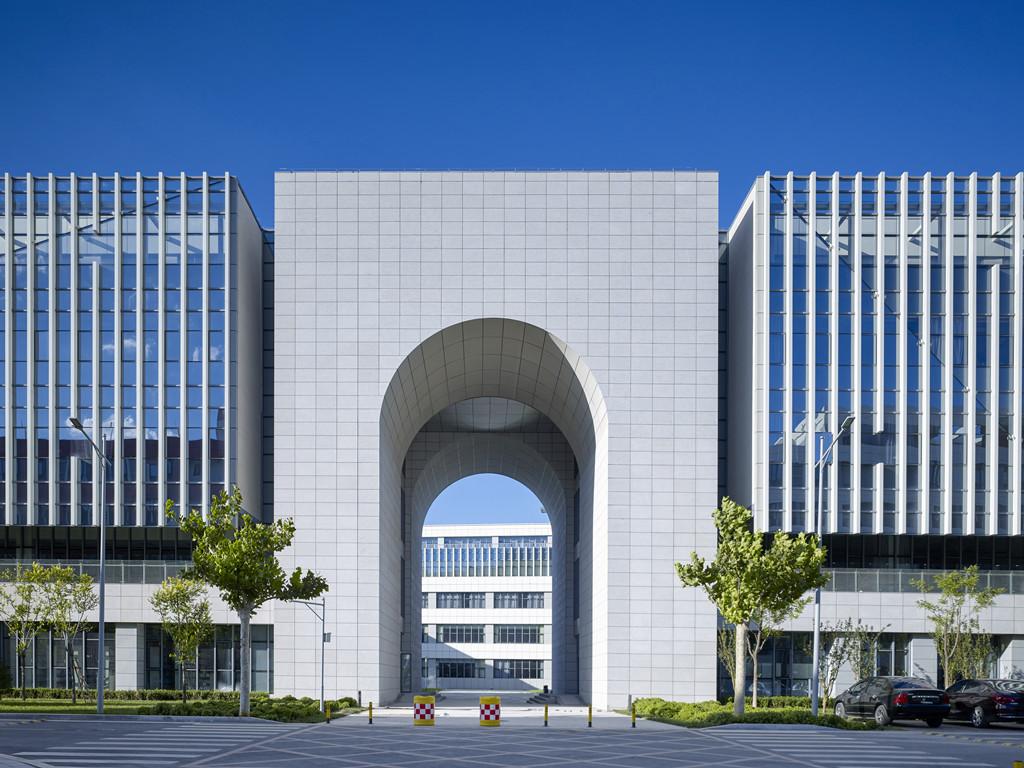
II. Strengthening Faculty Development to Enhance Teaching Quality
The college adheres to a “talent-driven” strategy and continuously optimizes its faculty structure, building a team that is appropriately sized, structurally diverse, highly qualified, collaborative, and strong in overall capability. Following the dual approach of internal training and external recruitment, the college has developed a “four-tier progression, five-dimensional linkage” faculty development system to enhance professional growth. It also actively recruits high-level talents to raise the overall academic standard, including academicians, recipients of the State Council Special Allowance, nationally and provincially recognized teaching experts, and young and middle-aged specialists with outstanding contributions. At the same time, the college appoints top industry professionals to teach and has fully implemented a dual-mentorship system, effectively integrating theoretical knowledge with practical experience. Currently, the faculty includes nearly 1,000 full-time and part-time members, 95% of whom hold master’s or doctoral degrees. Additionally, over 100 industry practitioners serve as practice instructors, providing a strong foundation for the cultivation of applied talents.
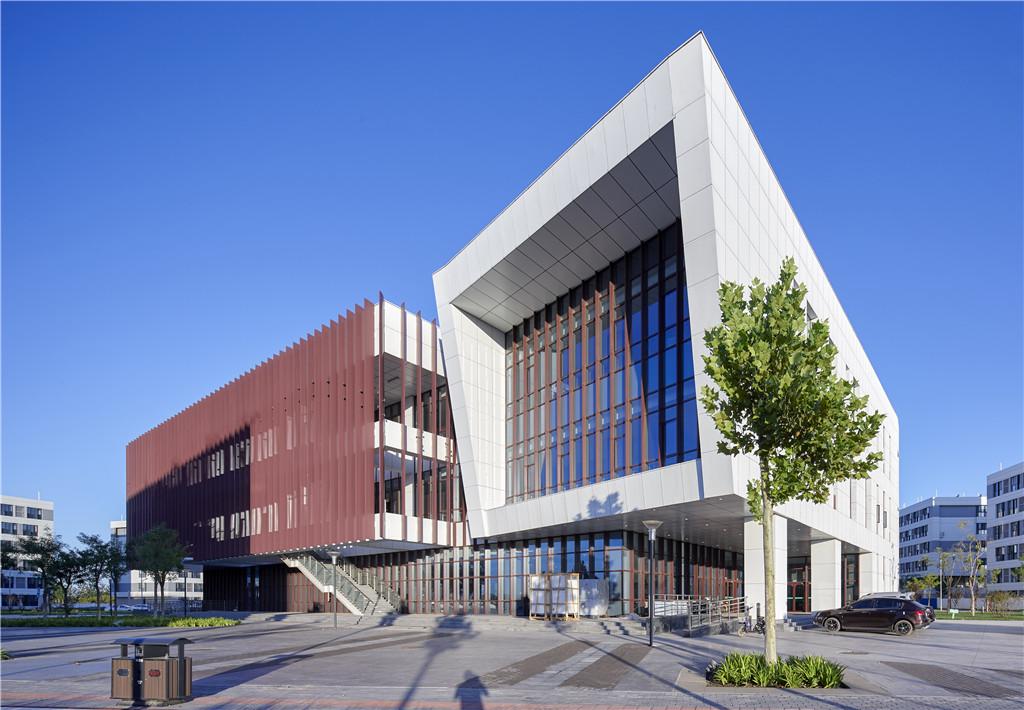
III. Deepening Industry-Education Integration with Digital Innovation
The college uses industry-education integration as a key driver, strengthening top-level planning and advancing reform and innovation. It has developed a distinctive talent cultivation model characterized by “general-specialty integration, industry-education collaboration, authentic learning, diverse classrooms, personalized training, and holistic development.” Closely following the needs of economic and social development, the college continuously optimizes its academic programs and innovates training models.
It has fully implemented the “three-chain synergy, three-classroom integration, and three-dimensional linkage” system for comprehensive quality development, along with the applied “1234” innovation talent training model. Students have achieved outstanding results in high-level national and international academic competitions, earning 1,157 awards at the national and provincial levels — including 114 first prizes, 347 second prizes, and 696 third prizes — demonstrating the college’s excellence in talent development.
Embracing digitalization, the college has made remarkable strides in talent development, teaching reform, and scientific research, injecting strong momentum into regional economic and social development.
1.Frontier Programs: The college has introduced forward-looking majors such as Digital Media Arts and adopted a “degree + vocational skills certificate” model. By integrating tools like Adobe and AI technologies, it cultivates interdisciplinary talents with both creativity and technical skills.
2.Tech-Driven Achievements: At the “Tiankai Cup” National College Student Intelligent Technology Innovation Challenge, the student team’s project Self-Powered Artificial Cochlea System Based on Piezoelectric Materials won first prize, showcasing how AI optimization enhances medical device performance. Additionally, the college has jointly established R&D bases with enterprises, promoting the transformation of technological achievements in big data analytics and smart healthcare, thereby supporting regional industrial upgrading.
3.Smart Campus: The college has built a “smart campus” platform, enabling course schedule inquiries via app and real-time analysis of teaching data to monitor classroom effectiveness. This ensures precise optimization of teaching strategies and advances the modernization of its governance system.
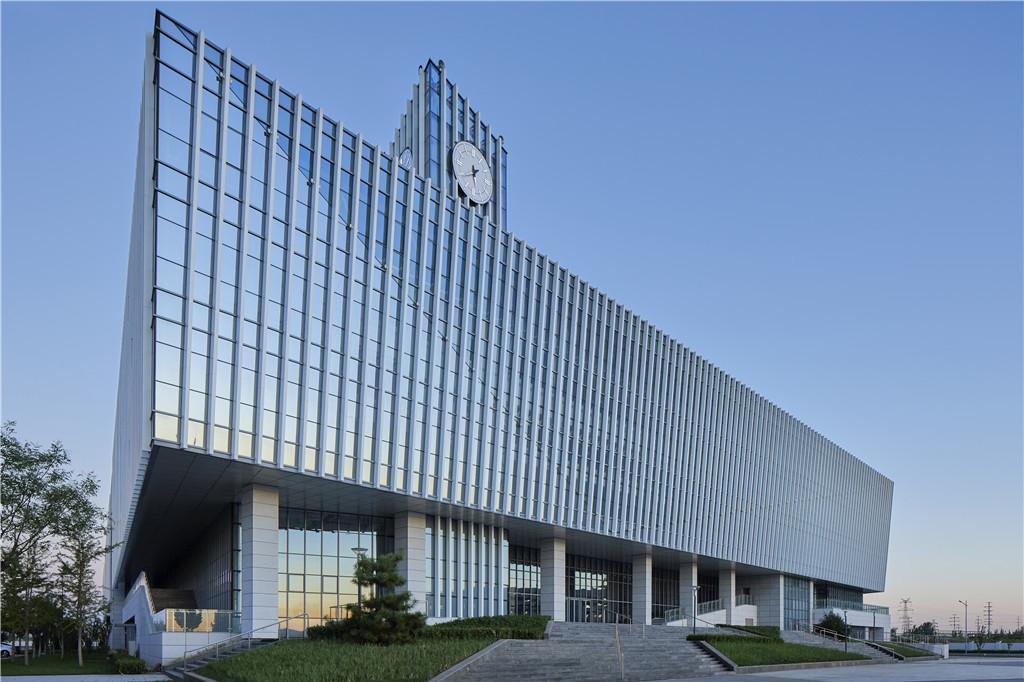
IV. Expanding Global Engagement for Broader Horizons
The college upholds an open approach to education and leverages Tiens Group’s strengths in global marketing and international operations to continuously deepen cooperation with advanced applied universities abroad and expand the scope of international academic exchanges and collaboration. It has established joint training programs such as “3+1+1” and “4+0” with well-known institutions including Cardiff Metropolitan University (UK), University of South Florida (USA), University of Delaware (USA), Rutgers University (USA), University of Arizona (USA), Victoria University of Wellington (New Zealand), Flinders University (Australia), and Assumption University (Thailand). Outstanding students are selected to participate in international exchange programs, with scholarships and grants available, providing abundant opportunities for overseas internships, master’s and doctoral studies. Meanwhile, the college actively attracts international students. In recent years, it has trained over 400 students from Kazakhstan, Russia, South Korea, Canada, Kyrgyzstan, Mongolia, South Africa, and other countries, significantly enhancing the internationalization of its educational programs.
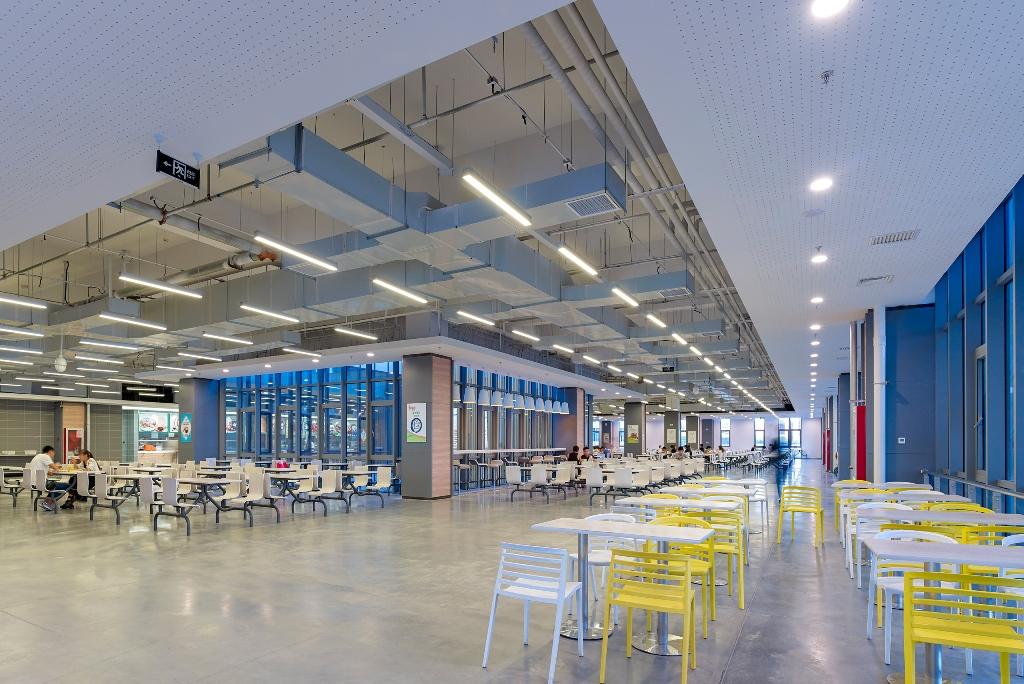
V. Future Vision: Striving Forward
Looking ahead, Tianjin Tianshi College will fully leverage Tianjin’s influence as a core city in the “Beijing-Tianjin-Hebei Coordinated Development” initiative, along with the Group’s strengths in private education. The college will strengthen school-enterprise cooperation and deepen industry-education integration, with a solid foundation in undergraduate education while actively developing postgraduate programs. Based in Tianjin, oriented toward the Beijing-Tianjin-Hebei region, and radiating across the country, the college is committed to cultivating high-quality applied talents with “four competencies and four qualities.” With firm determination and innovative spirit, it will strive to become a nationally renowned applied university known for the quality of its talent development, strong service to regional needs, and distinctive educational characteristics.
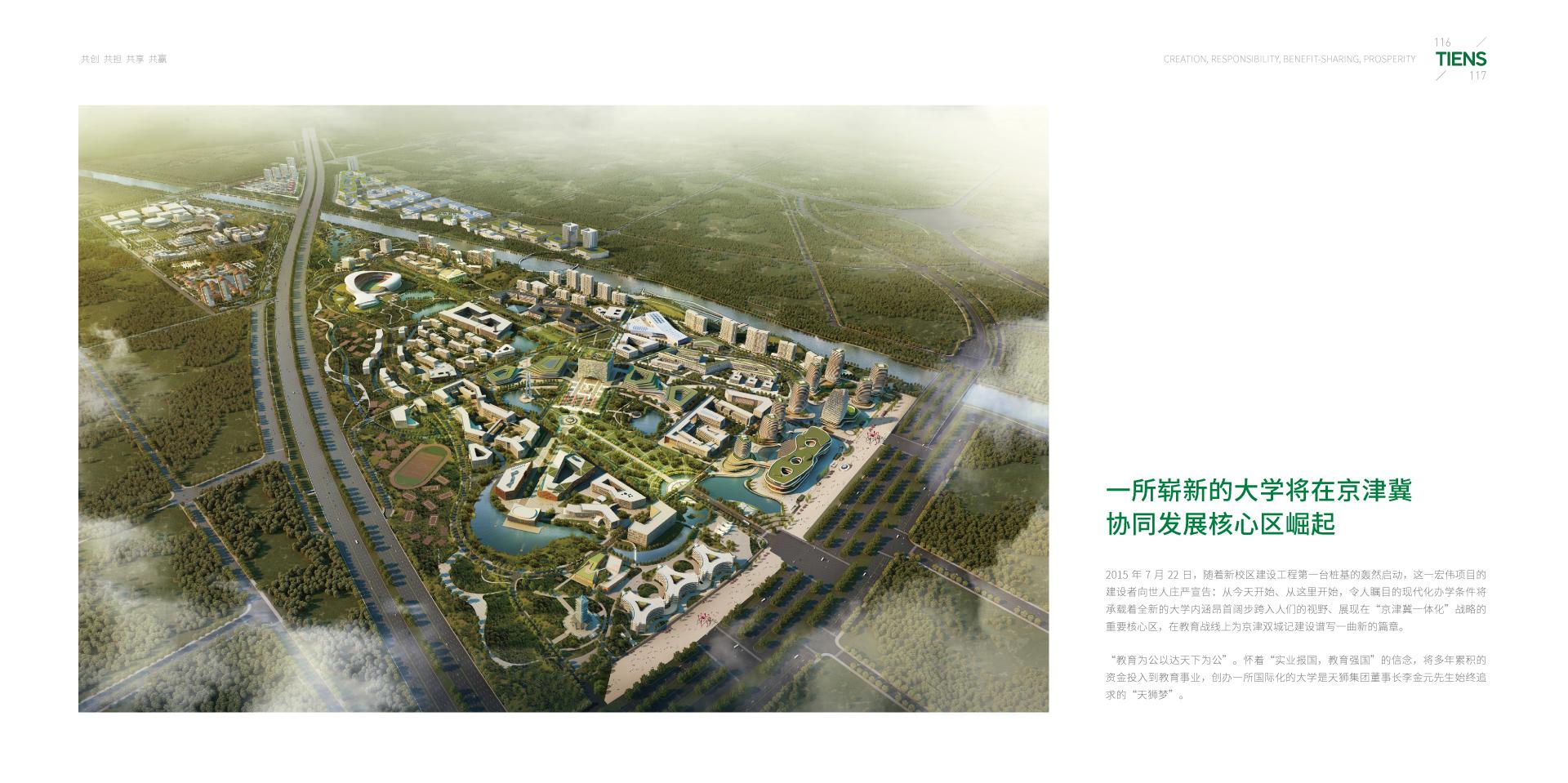
From traditional education to digital empowerment, Tianjin Tianshi College has remained true to its original mission of “educating for the Party and cultivating talent for the nation,” taking the lead in reform within the field of private higher education. Looking ahead, the college will continue to be guided by its digital strategy, deepen the synergy between industry and education, and build a high-level hub for applied talent cultivation. It will contribute “Tianshi Strength” to regional economic and social development and to the construction of a strong educational nation, writing a new chapter for private universities on the journey of building a socialist educational powerhouse with Chinese characteristics.



